‘Being able to adjust to whatever job comes your way is especially important in the modern climate, and I feel Eastman taught me to be a well-rounded and flexible musician,’ says the cellist
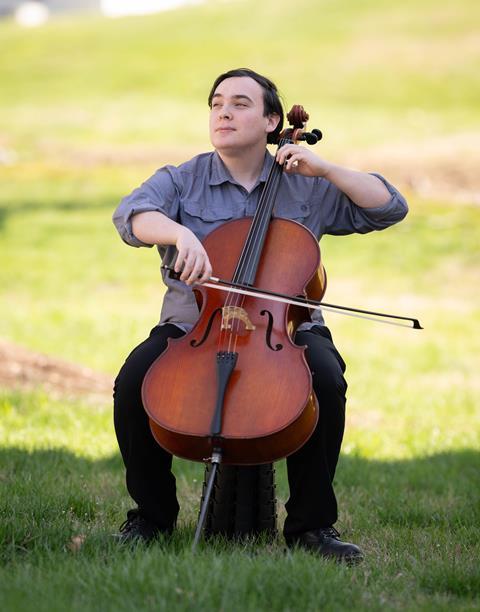
I chose the Eastman School of Music primarily for the cello faculty. I really enjoyed developing such a close relationship with my professor, David Ying. So much of what I learnt from the school, both on and off the instrument, I owe to him. Also, having a student body where everyone is as dedicated and passionate about music as you is really humbling and helps you grow.
Eastman is pretty rigorous academically. I had a lot of courses in music theory, music history and aural skills. We had to take two years of piano, and of course the usual lessons, chamber music, orchestra and string pedagogy classes. I also did a certificate in world music, so my studies included world music ensembles and ethnomusicology courses. There was also a number of courses that were just humanities, but I would say 90 per cent of my classes were music-related.
Academic classes were usually in the morning, most of the afternoon was taken up with rehearsals or coaching for ensembles, and then I’d practise in the evenings. Eastman had a system where they cut off the practice rooms at 11pm, to make sure students weren’t practising at three in the morning.
The building itself is really cool because it’s a transformed silent movie theatre, so it feels like going to school in an art museum. It can feel surreal because most of your classes take place in two buildings that feel like one, and you had to be in the dorms for three of the four years, so that takes dedication. You can feel a bit trapped when you’ve been there for years. But if you’re there to study music and you really just want to focus on it, I’d say there’s no better institution for it, because you learn everything very deeply.
Being able to adjust to whatever job comes your way is especially important in the modern climate, and I feel Eastman taught me to be a well-rounded and flexible musician.
Subscribers to The Strad receive the 2024 Degrees supplement free with their copy of the May 2024 issue
The number one source for playing and teaching books, guides, CDs, calendars and back issues of the magazine.
In The Best of Technique you’ll discover the top playing tips of the world’s leading string players and teachers. It’s packed full of exercises for students, plus examples from the standard repertoire to show you how to integrate the technique into your playing.
The Strad’s Masterclass series brings together the finest string players with some of the greatest string works ever written. Always one of our most popular sections, Masterclass has been an invaluable aid to aspiring soloists, chamber musicians and string teachers since the 1990s.
American collector David L. Fulton amassed one of the 20th century’s finest collections of stringed instruments. This year’s calendar pays tribute to some of these priceless treasures, including Yehudi Menuhin’s celebrated ‘Lord Wilton’ Guarneri, the Carlo Bergonzi once played by Fritz Kreisler, and four instruments by Antonio Stradivari.

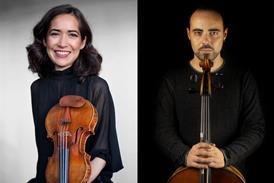
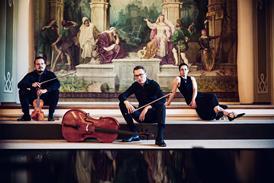
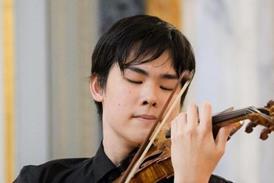
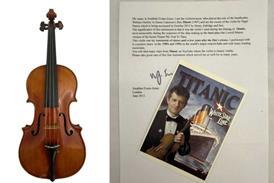

































No comments yet